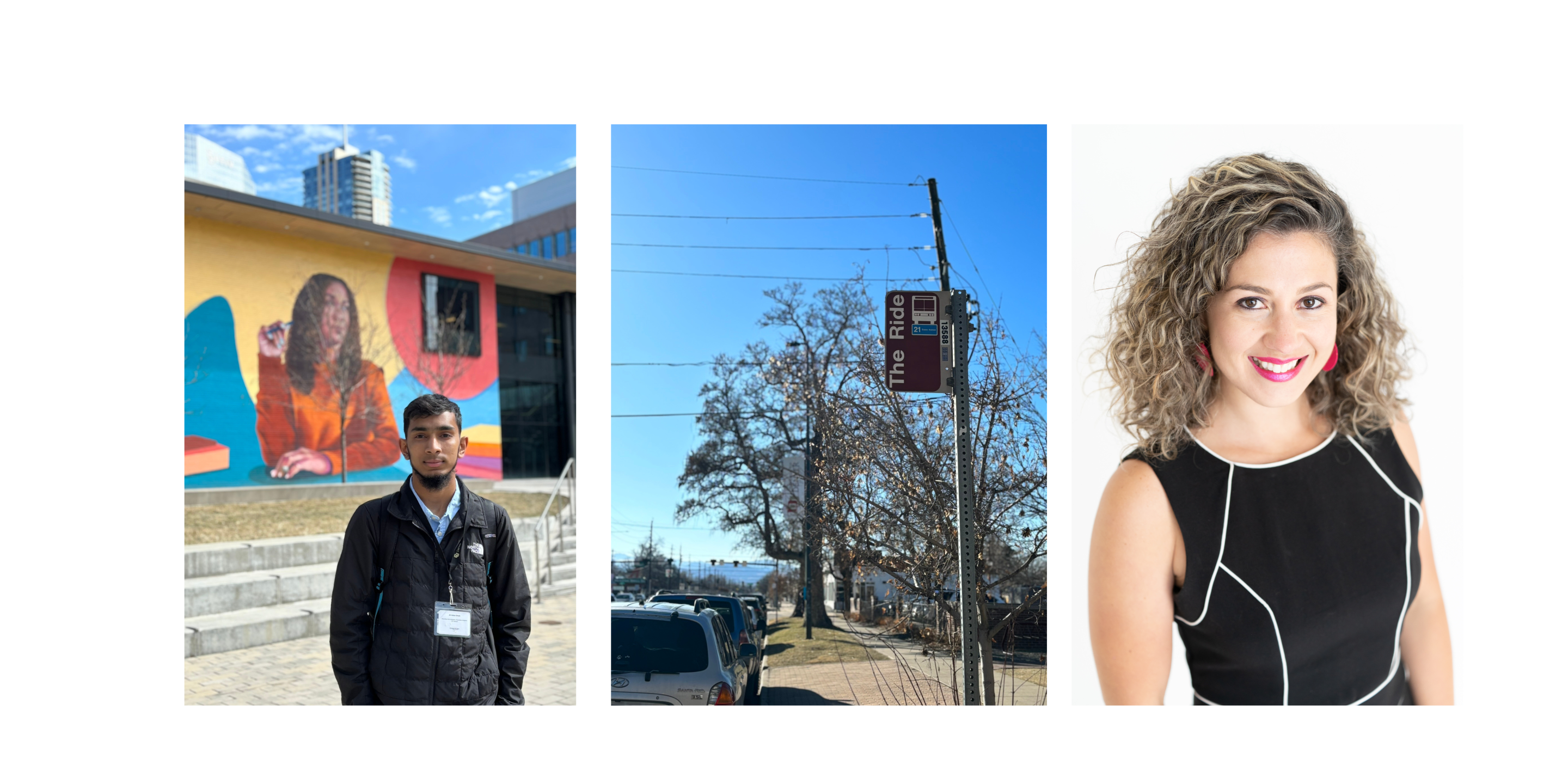
Beyond the borders: Public transportation from international students' perspectives
There are many reasons why public transportation is vital to the community, including ensuring that its members can reach their destinations, providing equitable access, and contributing to environmental conservation by reducing gas emissions. For specific groups, such as international students, it can provide the literal support needed to afford to go to school.
Moving to the U.S. to pursue educational goals is rewarding in many ways. The cultural exchange, the language skills enrichment, and the professional and personal opportunities to grow are endless. However, the challenges can also be abundant. Starting with bureaucratic processes such as obtaining a driver’s license and extending to the expenses associated with buying and maintaining a car, including insurance, gas and parking. Even living close to campus would not fully resolve the geographic challenges of exploring the city or accessing different campuses. This is where public transportation plays an important role, ensuring that students can move and connect to all the wonderful places Colorado has to offer while pursuing their degrees and better opportunities.
Conversations with international students about public transportation in Denver show its relevance for their daily commutes. A student at the University of Denver, originally from Nigeria, shared that she relies on the bus Monday to Friday to attend her master's degree classes in curriculum and instruction.
Comparing the transit systems here and back home, she misses the “small talk” with the operators. On the other hand, she believes the transit system is more organized in Denver, with designated bus stops and more convenient ways to pay for the fare such as passes and QR codes on smartphones. As a student at one of the participating schools, she has access to the College Pass for a low-cost fee.
Another student, Ali Askar, originally from India and currently pursuing a business administration degree at the University of Colorado Denver, regularly uses the trains for his commute between home to school. Through the Zero Fare for Youth program, he benefits from riding at no cost.
Compared to the transportation system in India, Askar appreciates the variety of options available in Denver, such as buses, trains and FlexRide services, which are comfortable and not as crowded as in the southern part of his home country.
Askar spotlights the importance of public transportation stating, “I think it's really important that you can prevent traffic on the roads and also you can save the environment. Imagine 100 people taking cars to go to a certain destination. Instead, they can take RTD to the same place, using only one transport.” He emphasizes the significance of being cautious about the future and caring for the environment. “Considering all these points, affordability, an easy way of transportation, and saving the environment, I think public transportation really should be used more and more.”
Marta Spirk, a CU Denver alumna with a master’s degree in applied linguistics, shares some of her experiences with practical public transportation use in Denver. She highlights the time and cost-saving benefits, particularly in avoiding expensive and challenging downtown parking. Spirk uses RTD services for sporting events and airport trips with her family, enjoying the convenience without worrying about parking logistics.
Spirk comes from a big city in Brazil—Sao Paulo—where transit is very elaborate. She mentions that even though Denver is not as extensive as her hometown, RTD “is very clean, very organized and very much on time. The infrastructure is definitely high quality.”
Besides the academic and cultural contributions that international students bring, what these individual perspectives underscore is the need to not take public transit service for granted. While acknowledging existing issues and challenges that society needs to discuss and overcome, spotlighting the advantages, affordability, and need for those services is essential for fostering a more accessible community.
Spirk adds, “It is important to give people access, especially people who don’t have their own transportation or when gas prices are high, having that alternative was very important for people who, for whatever reasons, can’t drive. When thinking about the environment you are saving and preserving air quality, if you are not able to carpool, taking public transportation is very helpful in many ways. I also like that I get some of my time back that I would be spending driving in traffic. I can get work done while sitting and waiting.”